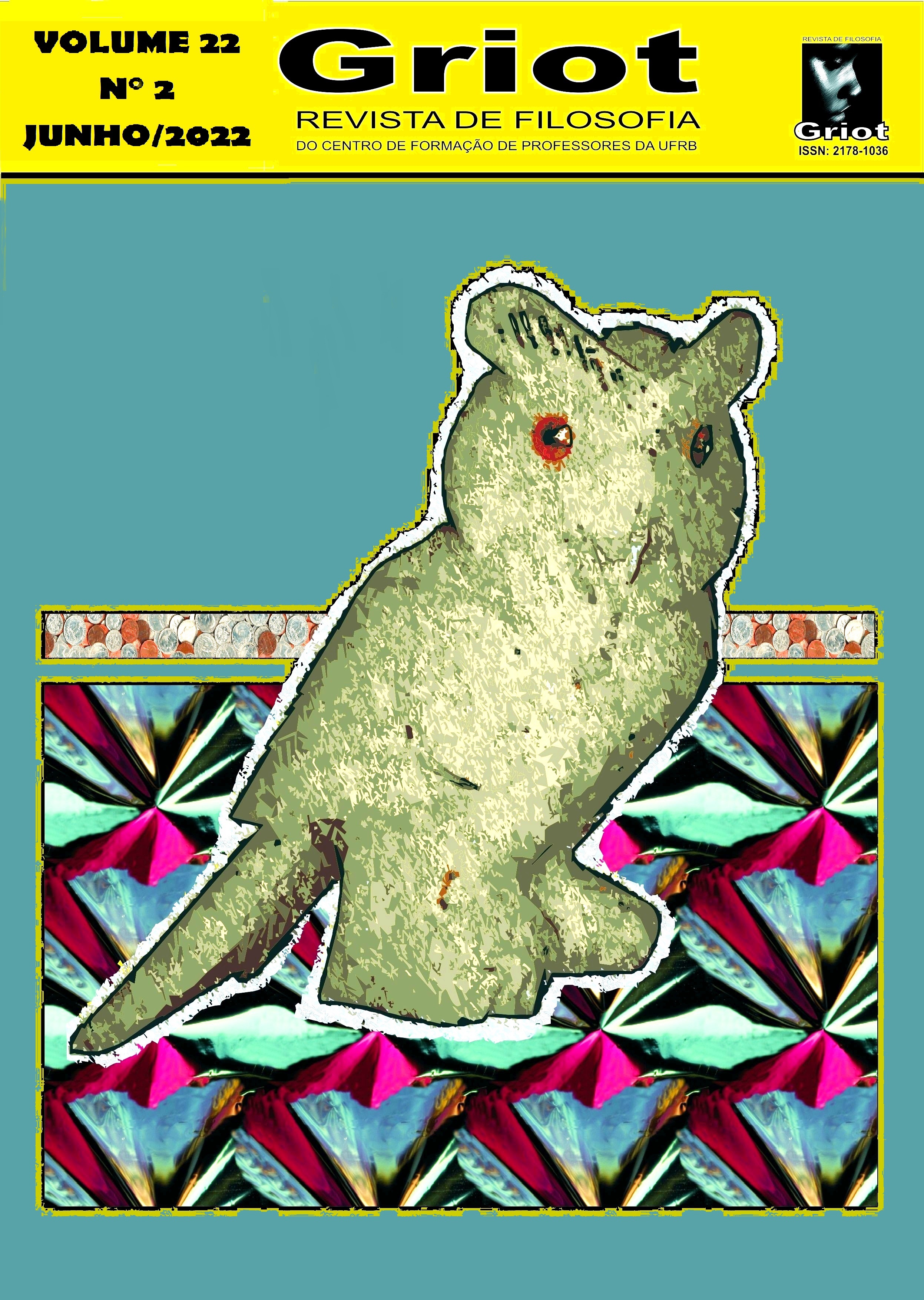Rorty: a utopia of literature and freedom primary
DOI:
https://doi.org/10.31977/grirfi.v22i2.2826Keywords:
Rorty; Utopia; Freedom; Truth; Literature.Abstract
Richard Rorty (1931-2007) stood out as a relevant thinker of contemporary political life, in addition to building a framework of ideas of language, culture, freedom and solidarity. One of his most recurrent banners was the primacy of literature over philosophy and freedom over truth. For the purposes of this article, we start with excerpts from Rorty's interview by Helmut Mayer and Wolfgang Ulrich, compiled in the text It's good to persuade, in Take care of freedom that the truth will take care of itself. In addition to this text, we also use Philosophy and social hope (from 1999), and, in particular, Education as socialization and individualization (from 1989), a text in which the author, moving away from the enchantment of traditional philosophy and defending the adoption of a philosophizing, primacy of freedom the edifying truth, by dogmatic, over a markedly essentialist and anti-foundationist posture.
Downloads
References
GHIRALDELLI JR., Paulo. Richard Rorty: a filosofia do novo mundo em busca de mundos novos. Petrópolis, RJ: Vozes, 1999.
KUNDERA, Milan. A arte do romance. Tradução de Teresa Bulhões Carvalho da Fonseca. São Paulo: Companhia das Letras, 2009.
KUNDERA, Milan. A insustentável leveza do ser. Tradução de Teresa Bulhões
Carvalho da Fonseca. 1ª ed. São Paulo: Companhia das Letras, 2017.
MORAES, Maria Célia. M. Ceticismo epistemológico, ironia complacente:
indagações acerca do neopragmatismorortyano. In: MORAES, Maria Célia.
M. (Org.). Iluminismo às avessas: produção de conhecimento e políticas de
formação docente. Rio de Janeiro: DP&A, p. 169-198, 2003.
PAIM, Marcos. V. (2019). Da filosofia à literatura, pela mão do neo-pragmatismo de Rorty. Argumento, (12), p. 119 –126.
RORTY, Richard. Consequencesofpragmatism. Hempstead: Universityof Minnesota Press, 1982.
RORTY, Richard. A filosofia e o espelho da natureza. Lisboa: Dom Quixote, 1988.
RORTY, Richard. Education as Socializationand as Individualization (1989). In: Philosophyand social hope. New York: Penguin, p. 114 – 126, 1999.
RORTY, Richard. Es bueno persuadir. In: Cuidar lalibertad y a verdade se cuidará a símisma: Entrevistas sobre política y filosofia. Ed. Eduardo Mendieta. Traducción de Sonia Arribas. Editorial Trotta, S.A., 2005.
RORTY, Richard. Contingência, ironia e solidariedade. Trad. Vera Ribeiro. São Paulo: Martins Fontes, 2007.
RORTY, Richard. Erros Honestos. In: Filosofia como política cultural. Trad. João Carlos Pijnappel. São Paulo: Martins Fontes, 2009.
VOPARIL, Chistopher J. The Politicsofthe Novel: RortyonDemocracy, Irony, and moral Education: In: Richard Rorty: politicsandvision. Oxford (UK): Rowman&Littlefield, 2006, p. 61-88.
Downloads
Published
How to Cite
Issue
Section
License
Copyright (c) 2022 Vigevando Araújo de Sousa, Wilker de Carvalho Marques

This work is licensed under a Creative Commons Attribution 4.0 International License.
The authors who publish in Griot: Revista de Filosofia maintain the copyright and grant the magazine the right of first publication, with the work simultaneously licensed under the Creative Commons Attribution 4.0 International License, allowing sharing and adaptation, even for commercial purposes, with due recognition of authorship and initial publication in this journal. Read more...









































































